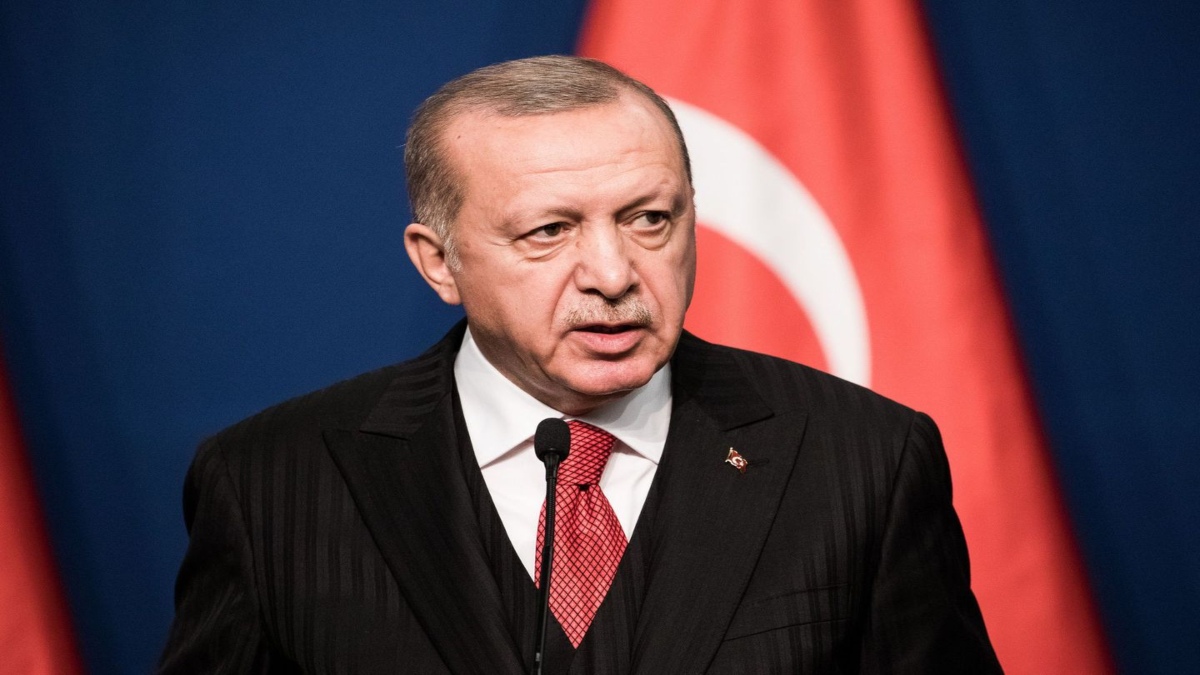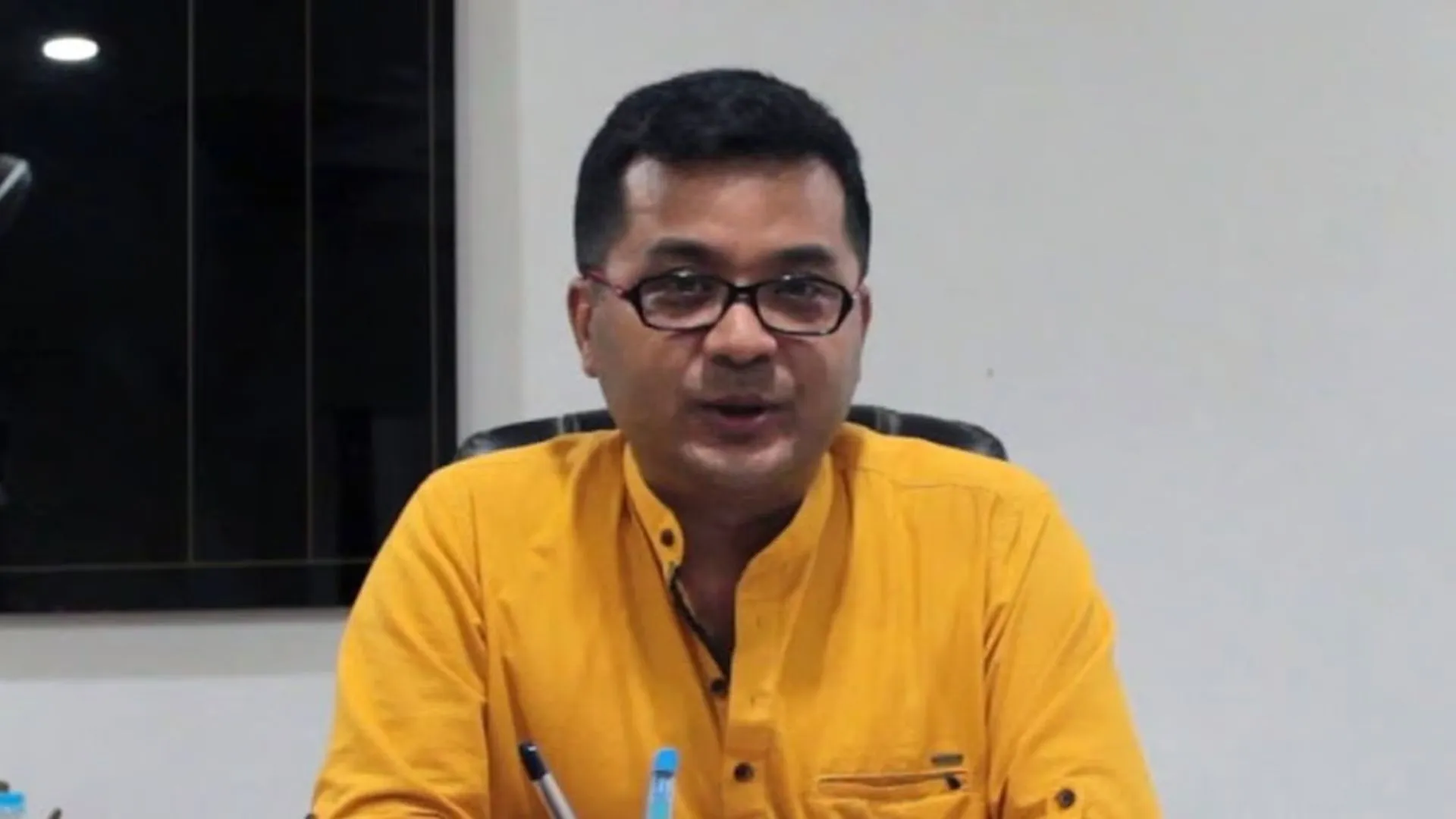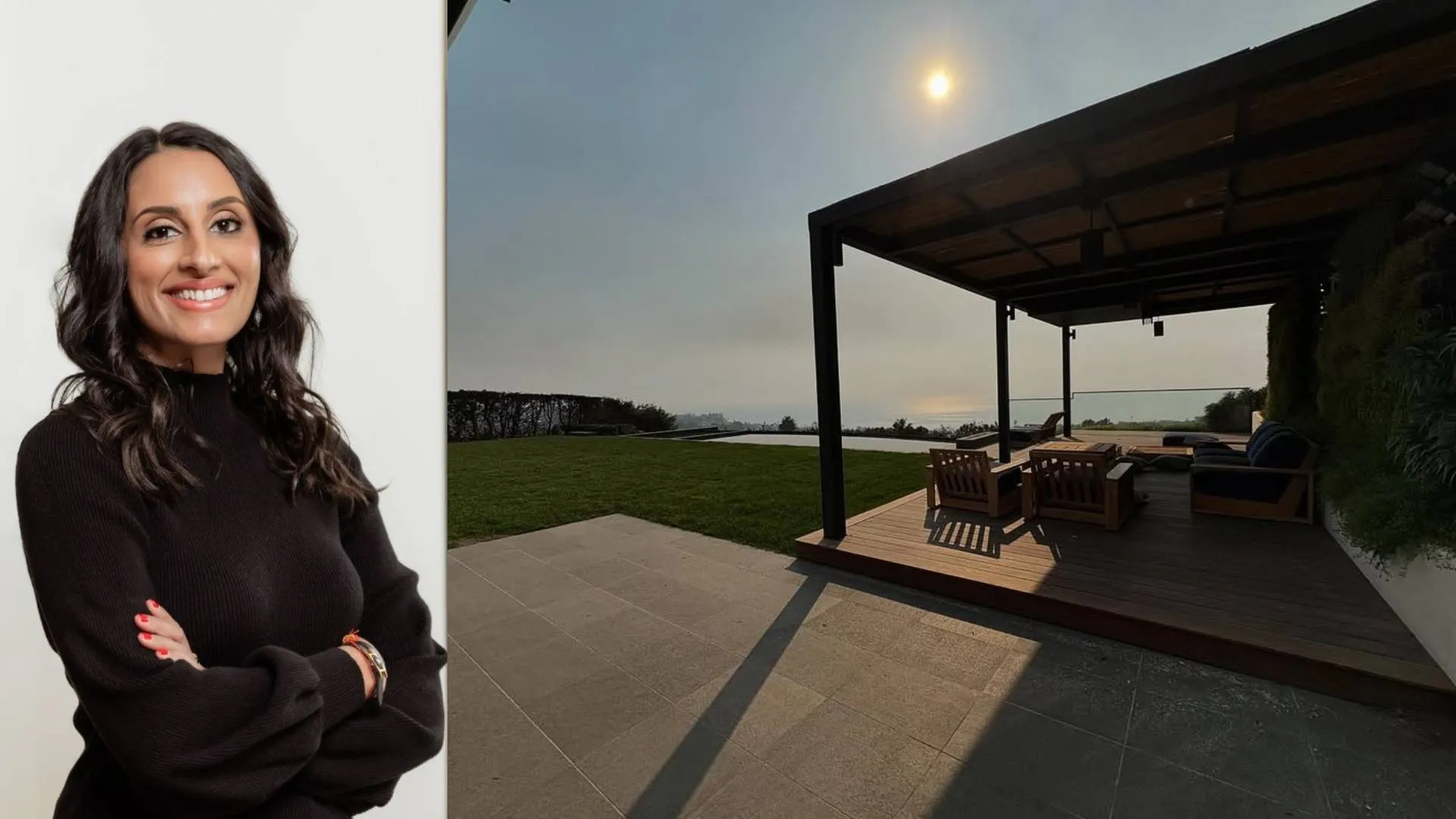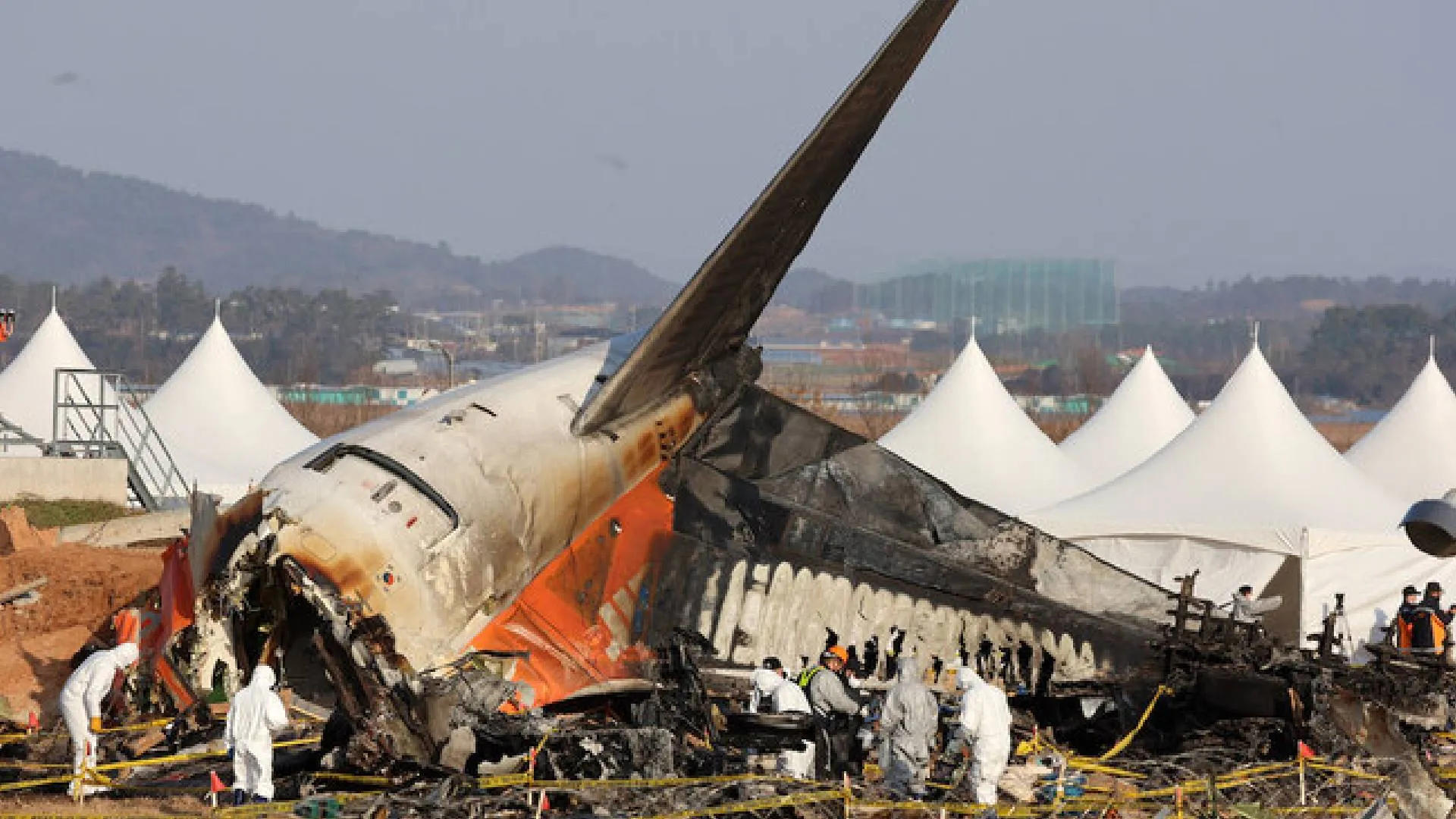NICOSIA: Turkey’s President Recep Tayyip Erdogan, after trying to change the country’s history through his involvement in numerous conflicts in the Middle East and Nagorno Karabakh, appears to be determined to change the geography also by trying to create a second Bosporus strait. His plan is to dig an artificial 45-kilometer canal, parallel to the Bosporus, linking the Black Sea with the Sea of Marmara. But this grandiose project, which Erdogan himself in the past described as “crazy”, may prove to be a white elephant expected to cause huge ecological catastrophe, anger the inhabitants of Istanbul and create problems with Russia.
Erdogan always had a strong penchant for megaprojects, like the world’s largest airport in Istanbul, a railway tunnel under the Bosporus, a third bridge across Bosporus, a giant mosque, a billion-dollar port complex, and a 1000-room presidential palace in Ankara. In this way, he created thousands of new jobs, dished lucrative jobs to his cronies and increased his power base.
However, some of these projects did not perform as good as the Turkish President expected. For example, the Italian-Turkish consortium operating the third Bosporus Bridge and the Marmara motorway walked away from the project and is expected to be replaced by a Chinese consortium. Also, the Istanbul airport, mainly due to the devastating effect of the pandemic, is losing money and the Turkish government is trying to get China’s ICB Bank to refinance about USD 6.2 billion of its loans.
The cost of the Istanbul Canal is expected to amount between USD 13 billion to USD 25 billion. Planning for the project started in 2011, but it was put to the back burner for years. According to the Turkish government, the canal will help moderate traffic through the Bosporus, reducing the number of ships and oil tankers that pass through Istanbul.
It is difficult to understand the reason why the mercurial Turkish President announced last month that tenders for the construction of the canal project would be awarded very soon. He argues that the project will attract much-needed investment and invigorate economic activity, while the government estimates that annual transit fees from the canal will be about USD 5 billion.
Those against the project say that in addition to uncontrolled building development, the Istanbul Canal project will put the country into deep and unnecessary debt, while Turkey is currently facing massive foreign debt, an inflation rate exceeding 17 per cent, and depleted foreign currency reserves.
Economist Mustafa Sonmez says that the project “lacks any economic rationality, while the Bosporus already guarantees good conditions for shipping and allows sufficient passage.”
Turkey’s environmentalists hate the project because it will destroy large forested areas bordering the Black Sea, damage Istanbul’s freshwater resources and the ecosystem, while it would lead to the creation of a second city with an estimated population of two million along its banks. Furthermore, it will cut land to the west of Istanbul which could be used as an evacuation zone in case a major earthquake hits the country’s biggest city, which sits on an active fault.























